It is a fact that in the society in which we live, we are all exposed to risks continuously. Another fact is that Facebook, Twitter, LinkedIn and other social networks, and have become part of our life. Today I want to give you 10 essential tips to improve your safety and that of your family on social networks, as we review what these potential risks. I do not intend to be alarmist, just to give you some basic and useful recommendations to minimize risks.
Social networks are fun and useful, but also undesirable continually make use of them. For them it is a very useful tool for selecting victims.
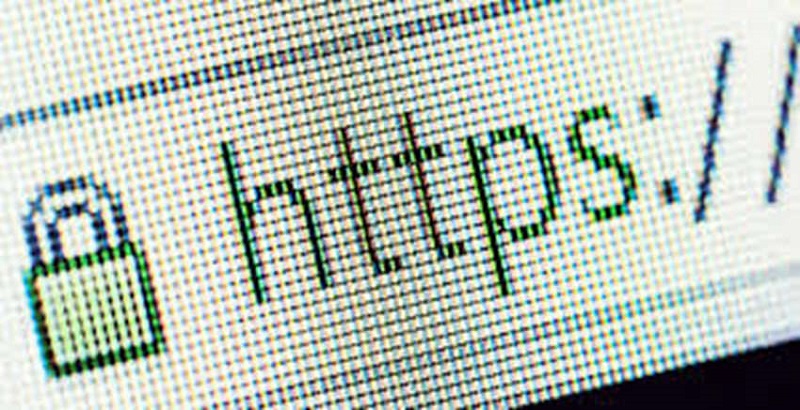
Safety tips on social networks
# 1 Use secure passwords
Be sure to use strong passwords… Follow these tips:
- Do not use names or fictional characters (also use other data such as license plates, phone, identity card, etc?)
- Create unique passwords for each site: There are tools to help you manage this information.
- It is essential that passwords are unique social networks. E.g. If you give high in lower web in an undesirable working, it could access your password and your email and thus manage all your passwords or accounts (with the option Forgot your password?)
- Mix characters as – • $% / &) case sensitive
- Change your password frequently
- Do not reveal your password to anyone
# 2 Do not accept friend requests from strangers
Share your information only with those who know enough. It tends to follow who follows you and accept friend requests from strangers. Much attention if you have children, because the lower the age, the greater is this tendency. A certain age everyone wants to boast a large number of friends in the network.
# 3 Uses https: // and not http: //
Use https: // in your Facebook / Twitter / LinkedIn and not http: //. Many times someone could be “listening” information that is transmitted from your computer, for example traffic access. Many applications and Internet forums allow a “micro trashy hacker” is made with our passwords. Communication https: // is encrypted and is more difficult to decipher and much safer for social networks.
# 4 was cautious when using a shared computer
When using a computer that is not yours, either in an internet cafe or at work, be sure to:
- Log out when you finish using it
- Do not let the browser remember your passwords
- Limit the information about your spouse and children
# 5 Use tools to manage security
When you want to use an application on Facebook is, automatically prompts you to authorize your income to your profile, if we allow performing certain functions, such as post on your wall, sending messages, accessing your list friends, etc.
You do not have the possibility to decide what role you want to authorize and what not, is all or nothing. However, thanks to extensions for browsers Chrome and Mozilla Firefox can choose individually which can make the application function and what not.
# 6 Using updated antivirus
This is a very obvious advice, but I keep meeting people who attack them viruses that “already known”. Keep updated database of your antivirus, so nobody any scare, because very easily proliferate.
You may also like to read another article on Web-Build: Link your Facebook and Twitter
# 7 Beware of scams
The Phishing is a computer term that referred to a type of crime under the field of cyber scams, and that is committed by using a type of social engineering , characterized by attempting to acquire sensitive information by fraudulent means (such as a password or detailed information on credit cards or other banking information).
A person or trust company in an apparent official electronic communication passes the scammer, known as phisher, usually an email, or any instant messaging system or even using also phone calls.
# 8 Beware what you publish content
Phrases like, “Having dinner in Paris on the Seine” informs thieves that your house is empty and, therefore, it is time perfect for “going to do this”.
# 9 correctly configures your privacy
To learn how to share only what you want with whom you want:
- Facebook uses the Guide Facebook privacy or safety guide for families.
- On Twitter check out the guide Twitter privacy.
# 10 controls the use by minors Computer
To keep safe for minors in social networks:
- Parents need to learn to use the computer. Thus to a certain age, they are connected with them and the child learns to enjoy the Internet with their parents; also it helps to know the parents to distinguish what computer software used and which pages you visit the child more easily.
- Promote dialogue on surfing habits and their risks. It is important that the child feel when something strange happen to him or he bother to tell her parents without feeling guilty. In addition, we will help to maintain a critical spirit on the information in the network and explain to them that not all Web pages have the same credibility.
- Agree clear rules of use. It is particularly good for children to have clear rules about what can and cannot do and know its consequences, especially regarding the operating time (of day and night, to control their use on weekdays), so the child will know a priori what to expect.
- It is a good use filters help control access to the network. This will prevent access to inappropriate content pages (adult, violent, xenophobic, etc.). In the market, there are free solutions and many providers offering such solutions.
- You need to place the computer in a common area. It will facilitate the oversight of the operating time (to control cyber addiction) as control of situations that may bother you, such as to prevent cyber bullying when using the webcam.
- Teach what privacy is. Explain that personal data is sensitive information and can be used against them with examples from everyday life, such as, for example, that they never would give the house keys to a stranger or similar examples.
- Explain that the network must also respect others. They understand that behind a nickname, there are people and you have to be courteous and polite with them.
Unfortunately, you cannot guarantee 100% security on social networks even if you adopt these measures, but will reduce the risks greatly. Visit http://graphixgaming.com/ for more tips.

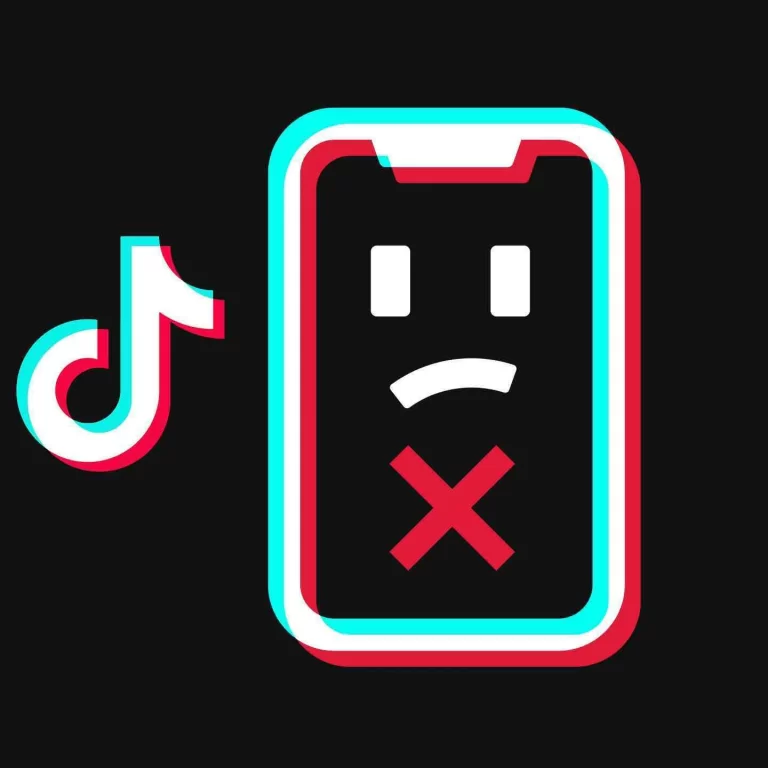
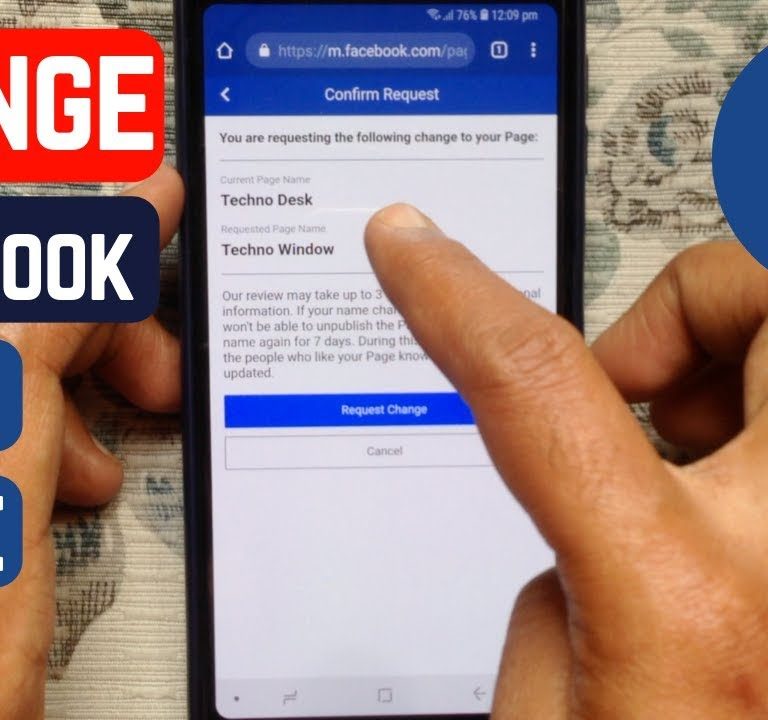



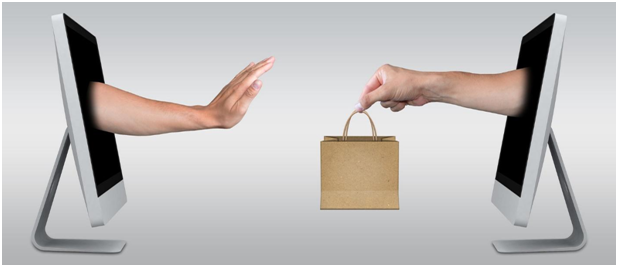
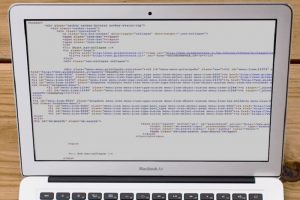

+ There are no comments
Add yours